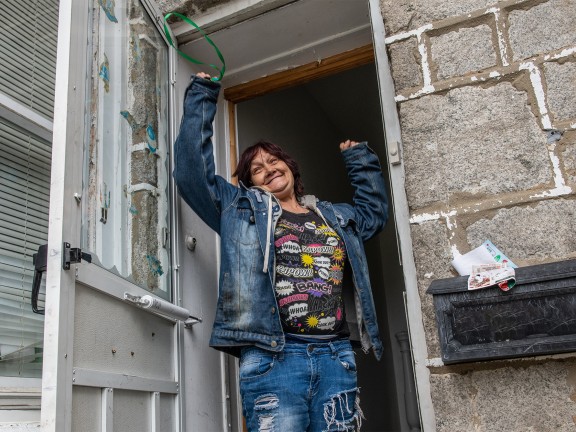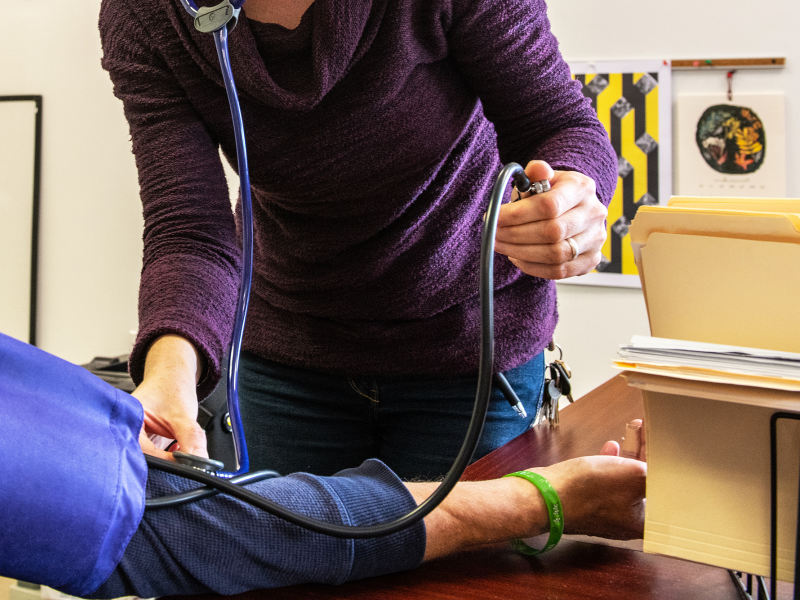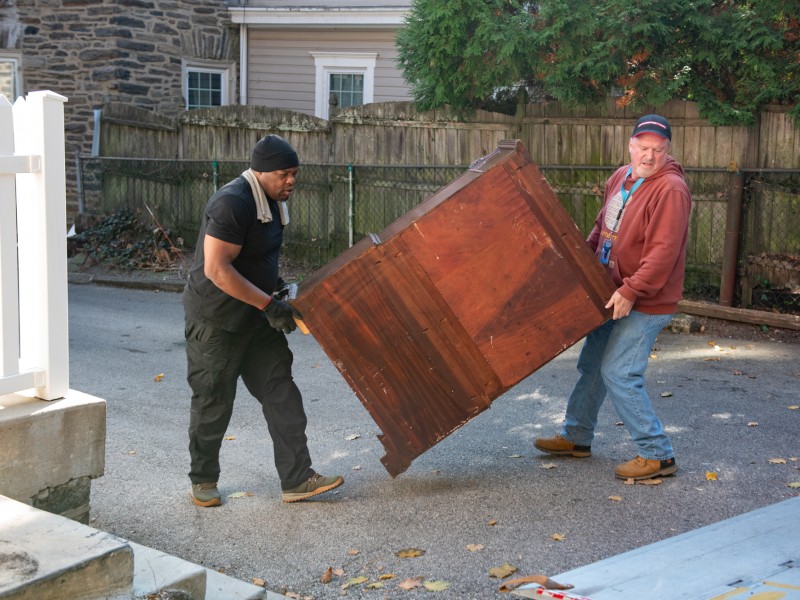Human Rights Day: Housing is a Human Right

December 10 marks Human Rights Day, commemorating the adoption of the Universal Declaration of Human Rights (UDHR) by the United Nations in 1948. The UDHR was the first time the indivisible and inalienable rights of all humanity were formally established. While adopted 75 years ago, there is still work to do in the fight for rights and equality for all.
Article 25 of the UDHR states...
“Everyone has the right to a standard of living adequate for the health and well-being of himself and of his family, including food, clothing, housing and medical care and necessary social services and the right to security in the event of unemployment, sickness, disability, widowhood, old age or other lack of livelihood in circumstances beyond his control.”
While the UDHR is not an official treaty signed or ratified by states, it is still an important document that has influenced the creation of laws upholding human rights nationwide. Despite being a member state who adopted this declaration, the United States has more than half a million people experiencing homelessness on any given night in the US. A recent TIME article explains that if the US government simply allocated the appropriate resources to the issue of homelessness, there would be a lot less folks living on the streets.
The right to adequate housing is not just four walls. It includes being secure, i.e. not fearing eviction, and having access to services, schools, and employment. A stable home provides the foundation for individuals to lead fulfilling lives with a sense of security and well-being. Experiencing homelessness leaves you in high alert, wondering where you’ll sleep next, what and when you’ll be able to eat, and you lose your sense of safety. With a home, you have a place to rest your head, to store your belongings, including food, and a sense of security that’s irreplaceable.
The Housing First philosophy provides individuals with immediate housing, without precondition, and subsequently incorporates supportive treatment services in the areas of mental and physical health, substance use, education, and employment. Housing is provided in market-rate apartments scattered throughout a city or town. This scattered site model promotes a sense of self-determination, and helps speed the reintegration of clients into their own respective communities.
Pathways to Housing PA currently houses more than 600 individuals through our Housing First program, providing comprehensive wrap-around services to support participants on their journey to stability. We are proud to maintain an 85% housing retention rate. This includes individuals that would not have been considered “housing-ready” according to other programs.
Despite what you may think, it costs us less to house a person than it does to let them continue to be homeless. If you add up all of the costs involved with a person living unsheltered (prison, ambulance services, police interventions, emergency department visits, medical and psychiatric hospitalizations, soup kitchens, shelter nights) it averages out to be much more than the cost of subsidizing rent and providing appropriate services.
So, what can you do? Ending homelessness is a complex challenge that requires coordinated efforts from individuals, communities, and government entities. Individuals can consider the following actions:
- Contact your local representative and encourage them to allocate resources toward ending homelessness, more specifically, evidence-backed Housing First programs.
- Contact supportive housing training organizations, like CSH, to schedule a training or consultation to discover how your organization can incorporate Housing First and related programs into your service delivery models.
- Raise awareness in your own community (family, friends, peers) for affordable housing, housing rights, and other related topics.
- Vote in every election, even local elections, and support Housing First efforts wherever possible.


